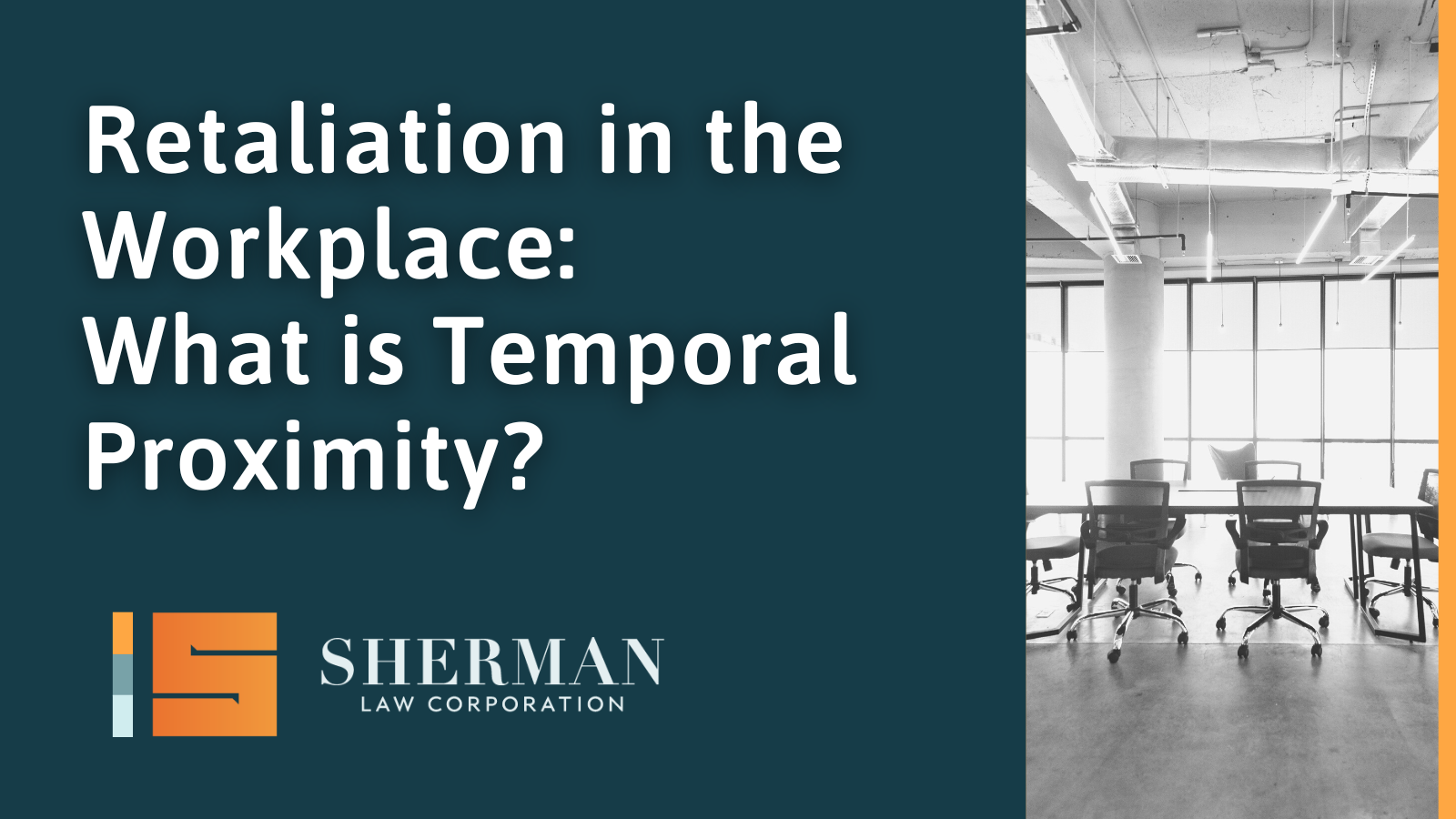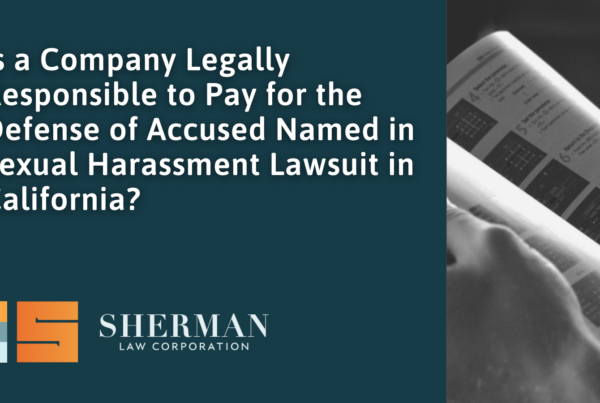
Workers are encouraged to assert their legal rights without facing unlawful retaliation from their employers. Retaliation occurs when an employee faces an adverse employment action because he or she has opposed an unlawful employment practice. In practice, retaliation includes everything from being terminated for reporting sex discrimination to being denied a promotion for previously filing a sexual harassment claim.
The biggest surprise to employers is when they make legitimate, non-retaliatory adverse employment decisions and are subsequently hit with a retaliation claim merely because the employee asserted a complaint within a year prior to the adverse employment action.
From experienced California employment attorney Lisa Sherman, here’s what employers need to know.
Suspicious Timing and Denial of Dispositive Motions
Where an employee makes a claim for protected conduct, such as sexual harassment, and soon after an adverse employment is taken against them, the employee will claim that the reason for the adverse employment action is a pretext and was wholly unrelated to the action it took against him or her.
Temporal proximity is the closeness in time of the the protected activity (the reporting of sexual harassment) and adverse employment action (demotion and termination).
Temporal proximity is a form of evidence. By itself, it is generally not sufficient to prove that retaliation occurred. However, it can be enough to warrant a strong inference of a causal connection between the protected activity and the adverse employment action. Temporal proximity alone will result in denial of any motion for summary judgment/adjudication.
Reducing Exposure to Retaliation Claims
The best way to reduce exposure to retaliation claims based on temporal proximity is to wait until one year from the protected conduct to take an adverse employment action.
This does not mean the employee is not counseled for whatever the conduct is, only that the employer delays termination. Of course, if the event is significant, such as stealing, then the employer should go over and above documenting the final straw to support the adverse action to overcome temporal proximity.
Contact Lisa Sherman
For more information on reducing exposure to retaliation claims, feel free to contact Lisa Sherman at lisa@sherm-law.com or (323) 488-2087.




